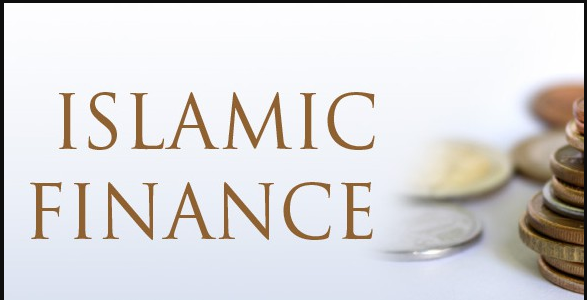In the diverse world of investment opportunities, halal investments stand out as a unique and ethically aligned choice for millions of Muslims and ethically minded investors globally. Islamic commercial finance adheres strictly to the principles outlined in Sharia Islamic law, which provides a framework for conducting financial transactions ethically, equitably, and sustainably. This blog post delves into the core principles of Islamic commercial finance, the distinctive features of halal investments, and practical advice for navigating this specialized investment landscape.
The Core Principles of Islamic Commercial Finance
Prohibition of Riba (Interest): Central to Islamic finance is the prohibition of riba, or interest, which is considered unjust and exploitative. Traditional loans that charge interest are, therefore, not permissible. Islamic finance employs profit-sharing schemes, such as Mudarabah (profit-sharing) and Musharakah (joint venture), where the risk and reward are shared among all parties involved.
Asset-Backed Investments: All transactions must be backed by tangible assets in Islamic finance. This principle ensures that investments contribute to the real economy, discouraging speculation and promoting stability. Investments in commodities, real estate, and other physical assets are common in halal portfolios.
Ethical Considerations: Halal investments must also pass ethical screens. Investments in industries that are considered harmful to society, such as alcohol, tobacco, gambling, and conventional financial services (interest-based), are strictly prohibited. This ethical dimension encourages investors to contribute positively to society.
Gharar (Uncertainty) and Maysir (Gambling) Prohibition: Transactions involving excessive uncertainty (gharar) or gambling (maysir) are not permissible. This principle ensures transparency and fairness, discouraging speculative investments that can lead to unjust gains or losses.
Navigating Halal Investments
Seek Knowledgeable Partners: For investors new to Islamic finance, partnering with financial advisors or institutions specializing in halal investments is crucial. These partners can provide valuable insights into compliant investment opportunities and help navigate the complexities of Sharia-compliant finance.
Diversify Within Sharia-compliant Sectors: Like any investment strategy, diversification is key in Islamic finance. Investors should diversify their portfolios across various halal sectors and asset classes, including equities, real estate, and Islamic bonds (Sukuk), to mitigate risk and optimize returns.
Utilize Sharia Screening Services: To ensure investments remain halal, investors can utilize Sharia screening services. These services evaluate stocks and other investment vehicles for compliance with Islamic principles, offering peace of mind to ethically conscious investors.
Stay Informed on Compliance: The principles of Islamic finance can evolve with new scholarly interpretations and market developments. Staying informed through reputable sources and continuous learning is essential for ensuring investments remain compliant and effective.
Embrace Ethical Impact: Halal investing is not just about avoiding prohibited industries but also about seeking opportunities that have a positive social and environmental impact. Impact investing in areas like renewable energy, healthcare, and education aligns with the ethical considerations of Islamic finance and can offer both financial returns and societal benefits.
Conclusion
Navigating halal investments requires a deep understanding of the principles of Islamic Commercial Finance, as well as a commitment to ethical investing. By adhering to the core principles of prohibiting interest, ensuring investments are asset-backed, avoiding unethical industries, and steering clear of uncertainty and gambling, investors can create portfolios that are not only Sharia-compliant but also contribute positively to society. The journey towards ethical investing, guided by the principles of Islamic finance, offers a path to financial success that also upholds one’s values and contributes to a more equitable and sustainable world.

